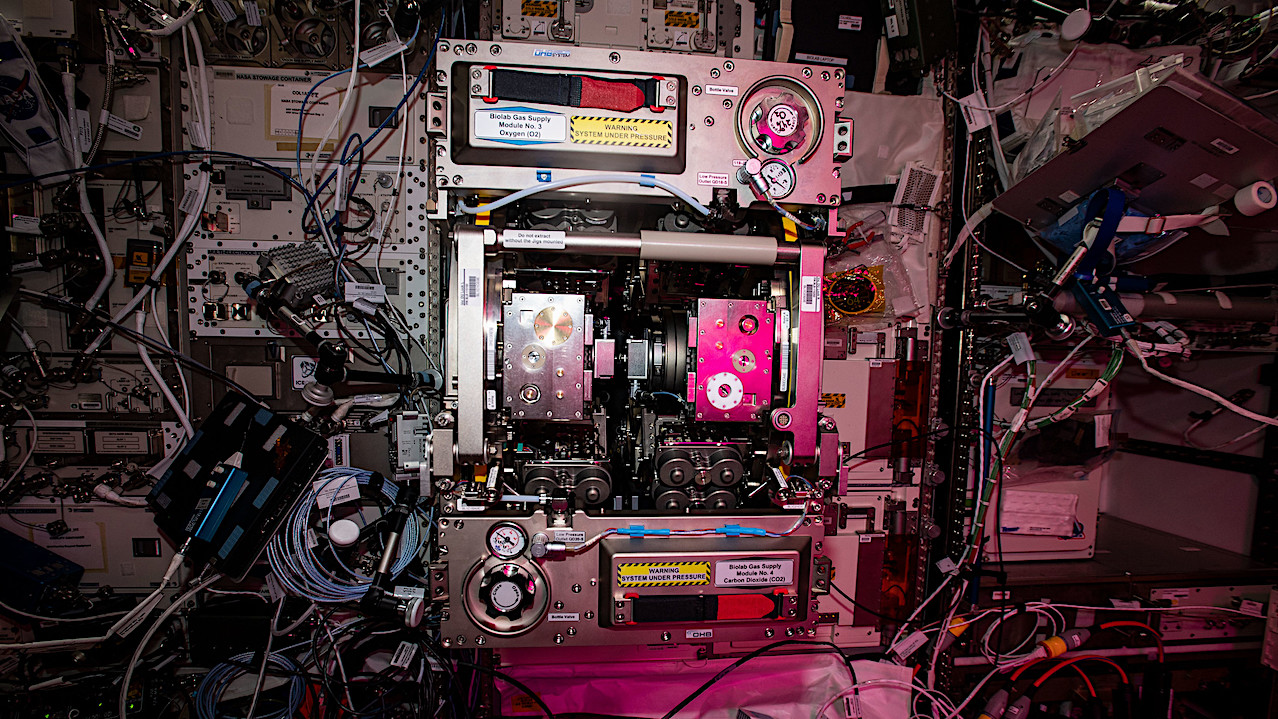An evaluation of sensorimotor impairment using augmented reality technology in spaceflight operations is discussed in the journal Aerospace Medicine and Human Performance with an Impact Factor of 0.889. The study, led by L. Stirling, focused on a hand-eye tapping task in augmented reality, comparing subjects with and without a vestibular-dominated sensorimotor impairment paradigm. The research utilized a binaural bipolar application of galvanic vestibular stimulation (GVS) signal to assess metrics related to both the impairment paradigm and task performance. The project received funding from a NASA Space Technology Graduate Research Opportunities Award and was supported by software developed under NASA Contract 80NSSC20K0409.
Another study, titled “Modeling cosmic radiation-induced cancer progression in mice,” was published in Life Sciences in Space Research with an Impact Factor of 3.5. Led by J.W. Shay, the research was funded by NASA grants NNX15AI21G and NNX16AE08G.
The article “Exploring life sciences domains in space exploration” was published in npj Microgravity with an Impact Factor of 5.1. The paper delves into the fields of Astrobiology, Bioastronautics, and Space Bioprocess Engineering, highlighting their unique contributions and opportunities for biologists. The study was supported by a grant from NASA.
In the editorial “Establishing a unified framework for radiological protection on Earth and in space” published in Zeitschrift für Medizinische Physik with an Impact Factor of 2, the authors discuss a consistent system of radiological protection. The study received support from NASA and the Russian Academy of Sciences.
The research article “Impact of sex on balance control in vestibular-demanding tasks for space missions” was featured in Frontiers in Physiology as part of the Research Topic “Aerospace Health and Safety: Today and the Future, Volume II.” The study, which explores sensorimotor training implications, received funding from the NASA Nebraska Space Grant Research Mini-Grant Program and the Guangxi Natural Science Foundation.
“Stability of actigraphic sleep metrics following sleep loss and recovery” was published in the Journal of Sleep Research with an Impact Factor of 4.4. Led by N. Goel, the study was supported by grants from the NIH and NASA.
In the study “Exploring fecal pH and redox as biomarkers in premature infant gut microbiome,” published in PLOS One, L.A. David investigates functional markers in the premature infant gut microbiome. The research received support from various institutions and foundations.
